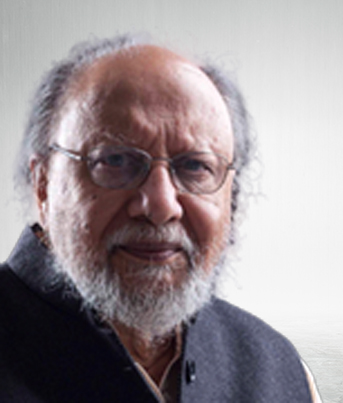
The prevailing outlook of elites in the postcolonial world is that of imitating the West: the colonisers. This goal is indeed programmed into the very nature of nationalism and the nation-state. On the other hand, there are those – thinkers, writers, ecologists, radicals – who take a stand against, and who resist the project of the nation-state and its mimicry of the West. This talk will explore alternatives to the reigning ideas of development, nationalism and the aping of the colonisers.

Ashis Nandy is a globally renowned thinker, who is known for his trenchant analyses of contemporary political and social cultures. Formally a clinical psychologist and sociologist, he has transcended the disciplines of the academy to emerge as one of the foremost public intellectuals of our historical moment. Among his many books is the postcolonial classic, The Intimate Enemy: Loss and Recovery of Self Under Colonialism, as well as Traditions, Tyranny, and Utopias: Essays in the Politics of Awareness. Nandy’s research has focused on the political psychology of violence, cultures of knowledge, utopias, human potentialities, and futures. He was a Director of the Center for the Study of Developing Societies in Delhi, is a Distinguished Fellow of the Institute of Postcolonial Studies, Melbourne, and a member of the Global Scientific Committee for Higher Education (UNESCO). Ashis Nandy was chosen as one of the 100 top intellectuals of the world in 2008, and is the recipient of the Fukuoka Asian Culture Prize in 2007, as well as the Hans Killian Award in 2019.
This Yohsin Lecture is part of the Presidential Lecture Series that is sponsored by the Office of the President to bring the most distinguished scholars, artists and critics of our time to Habib University for engagement with civil society and the University's faculty and students. The Lecture is administered by Habib University's different schools and academic centers depending on the nature of talk and the invited guest.
.